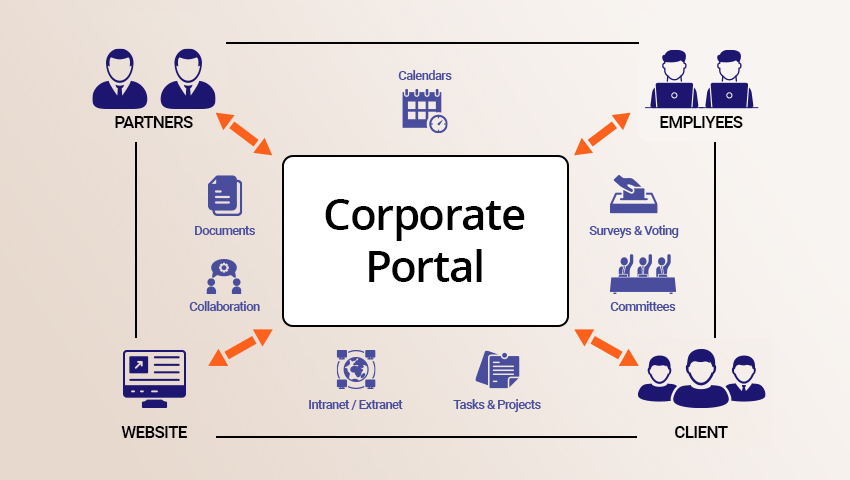
A business portal is a web-based application treehousebusinesscentre.org/ that provides a single point of entry for users to access information and services from a variety of sources. Business portals can be used to improve communication and collaboration, streamline business processes, and provide better customer service.
Table of Contents
Benefits of business portals
There are many benefits to using a business portal, including:
- Improved communication and collaboration: Business portals can help to improve communication and collaboration between employees, partners, and customers. They can provide a central location for sharing information, documents, and files. They can also be used to facilitate online meetings and discussions.
- Streamlined business processes: Business portals can help to streamline business processes by automating tasks and providing users with a single view of their work. This can lead to increased efficiency and productivity.
- Better customer service: Business portals can help to improve customer service by providing a self-service portal where customers can find answers to their questions, track their orders, and make payments. This can free up customer service representatives to focus on more complex issues.
Types of business portals
There are many different types of business portals, each designed to meet the specific needs of a particular organization. Some common types of business portals include:
- Employee portals: Employee portals provide employees with access to information about their company, such as employee handbooks, benefits information, and company news. They can also be used to manage employee timesheets and expenses.
- Customer portals: Customer portals provide customers with access to information about products and services, such as product specifications, pricing, and order tracking. They can also be used to provide customer support and feedback.
- Partner portals: Partner portals provide partners with access to information about a company’s products and services, such as pricing, marketing materials, and technical support. They can also be used to manage partner relationships.
How to choose a business portal
When choosing a business portal, there are a number of factors to consider, including:
- The needs of your organization: The type of business portal you need will depend on the specific needs of your organization. For example, if you need a portal to improve communication and collaboration, you will need a portal that provides features for sharing documents and files, and for facilitating online meetings and discussions.
- The size of your organization: The size of your organization will also affect the type of portal you need. If you have a small organization, you may be able to get by with a basic portal. However, if you have a large organization, you will need a portal that can support a large number of users and can handle a high volume of traffic.
- Your budget: The cost of a business portal can vary depending on the features and functionality you need. You should factor in the cost of the portal software, as well as the cost of implementation and maintenance.
How to implement a business portal
The implementation of a business portal can be a complex process. There are a number of steps involved, including:
- Planning: The first step is to plan your portal implementation. This includes defining the goals of your portal, identifying the users who will need access to the portal, and determining the features and functionality you need.
- Design: Once you have a plan for your portal, you need to design it. This includes creating the look and feel of the portal, as well as the navigation and user interface.
- Development: Once the design is complete, you need to develop the portal. This includes coding the portal and integrating it with other systems.
- Testing: Once the portal is developed, you need to test it to ensure that it is working properly. This includes testing the functionality of the portal, as well as the performance of the portal under load.
- Deployment: Once the portal has been tested, you need to deploy it. This includes making the portal available to users and providing training on how to use the portal.
Conclusion
Business portals can be a valuable tool for businesses of all sizes. They can help to improve communication and collaboration, streamline business processes, and provide better customer service. If you are considering implementing a business portal, be sure to carefully plan the implementation process to ensure that the portal meets the needs of your organization.


